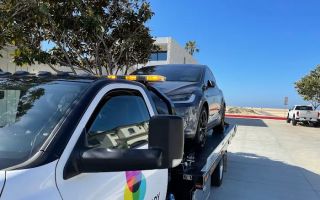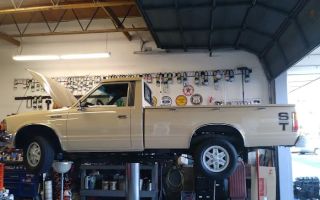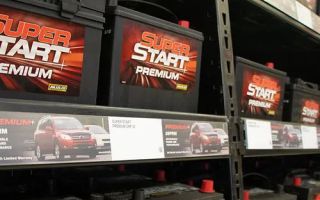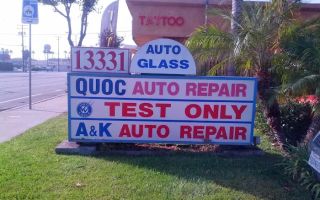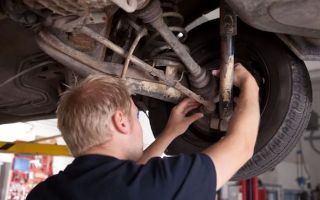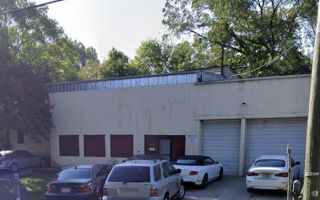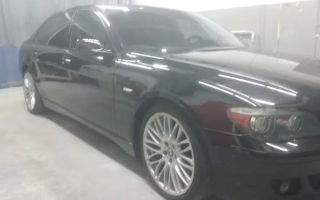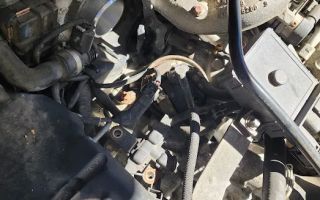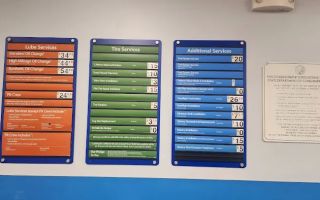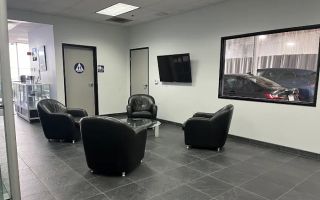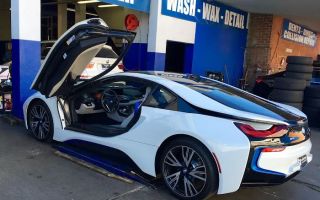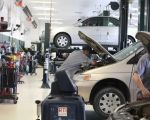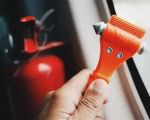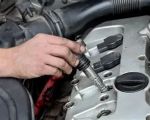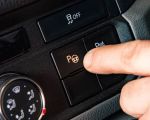- #common-reasons-usb-ports-stop-working - Common reasons car USB ports stop working
- #check-connection-and-cable - Check your connections and cables first
- #fuse-and-electrical-issues - Investigate blown fuses and electrical problems
- #software-and-system-glitches - Address software or infotainment system issues
- #case-study-real-drivers - Real driver experiences and quick solutions
- #when-to-contact-professionals - When to seek expert help from Rescue & Towing
1. Common Reasons Car USB Ports Stop Working
Finding out your USB ports don’t work when you’re trying to charge your phone or play music can be frustrating. Many drivers wonder what to do if your car’s USB ports aren’t working, especially since these ports power so many modern conveniences. The causes range from simple connection issues to more complex wiring faults or software malfunctions.
Modern vehicles integrate USB ports into the infotainment system, meaning a glitch in one area can affect another. Understanding whether your issue is electrical, mechanical, or software-based is the key to an effective fix.

House of Imports
6862 Auto Center Dr, Buena Park, CA 90621, USA
2. Check Your Connections and Cables First
Before assuming the worst, start with the simplest fix. Damaged or incompatible cables are one of the leading reasons USB ports seem dead. Try your charging cable in another device—if it doesn’t work elsewhere, the cable is the issue. Also, ensure your USB is fully inserted; some car ports are tight or have protective covers that can block proper contact.

Pick Your Part - Help Yourself
1232 Blinn Ave, Wilmington, CA 90744, USA
2.1 Cable Type and Compatibility
Not all USB cables are created equal. Some are charge-only and can’t transfer data for Apple CarPlay or Android Auto. Use the manufacturer-recommended cable, especially for vehicles with infotainment integration. A poor-quality aftermarket cable might not handle your car’s voltage requirements, resulting in intermittent connectivity.
2.2 Try Different Devices
Plug a different phone or USB drive into the same port. If another device connects successfully, your issue likely lies with your gadget rather than your car’s system. This quick test helps isolate whether the problem is hardware or device-specific.
3. Investigate Blown Fuses and Electrical Problems
If your cables and devices are fine but the port remains unresponsive, the next step is checking your fuse box. Each USB port draws power through a specific fuse, and a simple overload or short circuit can blow it. Your vehicle’s manual will indicate which fuse controls the USB connection.
3.1 How to Inspect Fuses Safely
Turn off the car before inspecting any fuses. Look for a small break or discoloration inside the fuse. Replacing a blown fuse with one of the same amperage rating usually restores function immediately. Keep in mind, if the fuse blows again soon after replacement, there’s likely an underlying short circuit that needs professional attention.
3.2 Wiring and Connection Corrosion
In older cars or those frequently exposed to moisture, corrosion around the USB port or wiring can disrupt the current flow. A professional inspection can clean and reseal these connections, preventing future failures.
4. Address Software or Infotainment System Issues
In many newer cars, USB connectivity depends on the vehicle’s software. If the system freezes or the firmware becomes outdated, the port may stop responding. Restarting the infotainment unit or performing a system update can often resolve these issues.
4.1 Reset the Infotainment System
Most cars have a reset option hidden within the settings menu or accessible by holding down specific buttons for several seconds. This reboot clears temporary software errors and often restores USB communication.
4.2 Update Firmware Regularly
Manufacturers frequently release updates to fix compatibility bugs, especially with new phone operating systems. Regularly updating your system ensures smooth USB performance and better Bluetooth or CarPlay connectivity.
5. Real Driver Experiences and Quick Solutions
Consider the case of Emma from Houston. Her USB port suddenly stopped charging after she spilled a drink near the console. After a quick cleanup, she checked the fuse and discovered it had shorted. A simple fuse replacement restored power immediately.
Another example: Mark, a rideshare driver in Denver, noticed his CarPlay stopped connecting mid-shift. He tried multiple cables and realized the infotainment software needed an update. After visiting his dealer for a quick reflash, the problem disappeared. Stories like these prove that small issues—when addressed systematically—can save both time and money.
6. When to Seek Expert Help from Rescue & Towing
If you’ve tried these steps and your USB ports are still unresponsive, it’s time to seek professional help. The issue might involve hidden wiring faults, a malfunctioning control module, or damaged connectors inside the dashboard. At Rescue & Towing, technicians use advanced diagnostic tools to locate and fix these problems efficiently.
Sometimes, USB failure can indicate a deeper electrical issue affecting your alternator or power distribution system. Ignoring it might lead to further complications, including battery drain or infotainment malfunction. Whether you need on-site diagnostics, repair services, or replacement parts, Rescue & Towing offers trusted automotive solutions to get you back on the road quickly.

